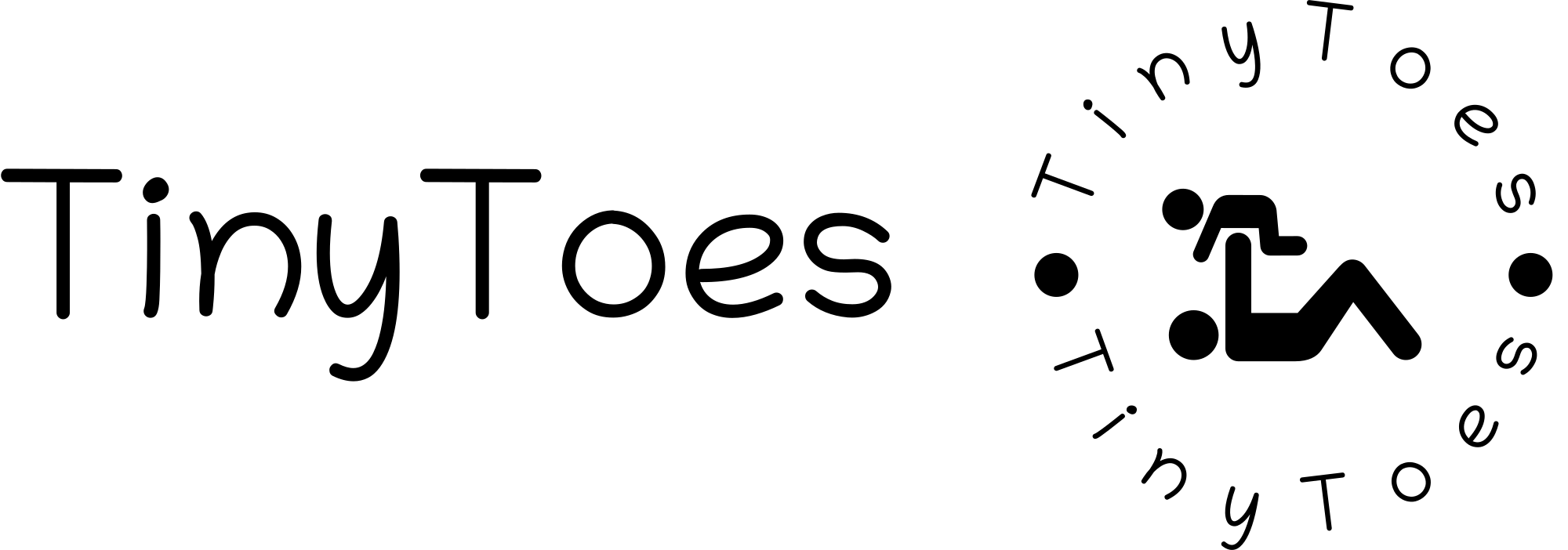Navigating the Postnatal Period: A Guide for New Mothers

The postnatal period, also known as the postpartum period, is a time of significant transition and recovery following childbirth. This period typically spans from the birth of the baby to six weeks after delivery, though the physical and emotional changes can extend well beyond this timeframe. Understanding what to expect during the postnatal period can help new mothers navigate the challenges and joys of early motherhood.
Physical Recovery
Uterine Involution:
- After delivery, the uterus gradually returns to its pre-pregnancy size, a process known as involution. This process can cause postpartum contractions, often referred to as “afterpains.”
- Breastfeeding can help speed up uterine involution due to the release of oxytocin.
Lochia:
- Lochia is vaginal discharge that consists of blood, mucus, and uterine tissue. It typically lasts for several weeks after childbirth.
- The discharge changes color from red to pink to white as the healing process progresses.
Perineal Healing:
- If you had a vaginal delivery, you might experience soreness and swelling in the perineal area. Stitches from any tears or an episiotomy will gradually dissolve and heal.
- Ice packs, sitz baths, and over-the-counter pain relief can help manage discomfort.
Breast Changes:
- Milk production begins a few days after delivery, leading to breast engorgement. This can be uncomfortable but usually resolves as breastfeeding is established.
- Sore or cracked nipples can be a common issue; using lanolin cream and ensuring proper latching techniques can help.
Cesarean Section Recovery:
- If you had a C-section, recovery might take longer. It’s essential to care for the incision site and follow your healthcare provider’s instructions for physical activity and wound care.
Emotional Adjustments
Baby Blues:
- Many new mothers experience the “baby blues,” characterized by mood swings, anxiety, sadness, and irritability. These feelings usually begin a few days after delivery and may last for a couple of weeks.
- The baby blues are typically mild and temporary, resolving on their own without medical intervention.
Postpartum Depression:
- Unlike the baby blues, postpartum depression is more severe and longer-lasting. Symptoms include persistent sadness, lack of interest in activities, difficulty bonding with the baby, and feelings of hopelessness.
- If you experience symptoms of postpartum depression, seek help from a healthcare provider. Treatment options include counseling, support groups, and medication.
Emotional Support:
- Surround yourself with a support network of family and friends. Don’t hesitate to ask for help with baby care, household chores, or just someone to talk to.
- Joining a new mothers’ group can provide a sense of community and shared experience.
Adjusting to New Routines
Feeding:
- Whether you choose to breastfeed or formula-feed, establishing a feeding routine is crucial. Newborns typically need to feed every 2-3 hours.
- Seek support from lactation consultants if you encounter breastfeeding challenges.
Sleep:
- Newborns sleep a lot, but often in short stretches. This can lead to sleep deprivation for new parents. Try to rest when the baby sleeps and accept help to catch up on sleep.
- Establishing a bedtime routine early on can help signal to your baby that it’s time to sleep.
Bonding:
- Skin-to-skin contact, talking, and singing to your baby can strengthen your bond.
- Babywearing can also promote closeness while allowing you to move around hands-free.
Healthcare and Postnatal Check-ups
Mother’s Health:
- Schedule a postnatal check-up with your healthcare provider around six weeks after delivery. This visit will assess your physical recovery, emotional well-being, and discuss family planning options.
- Continue taking prenatal vitamins, especially if you are breastfeeding, to ensure you’re getting enough nutrients.
Baby’s Health:
- Regular pediatric appointments are essential to monitor your baby’s growth, development, and vaccinations.
- Keep track of feeding patterns, wet and dirty diapers, and any health concerns to discuss with your baby’s doctor.
Conclusion
The postnatal period is a time of adjustment, healing, and immense change. It’s important to be kind to yourself and seek support when needed. Understanding the physical and emotional aspects of postpartum recovery can help new mothers navigate this period with greater ease and confidence.
Remember, every mother’s experience is unique, and it’s okay to ask for help and take time to recover. Embrace the journey of motherhood, cherish the moments with your newborn, and prioritize your well-being as you adapt to this new chapter in your life.
